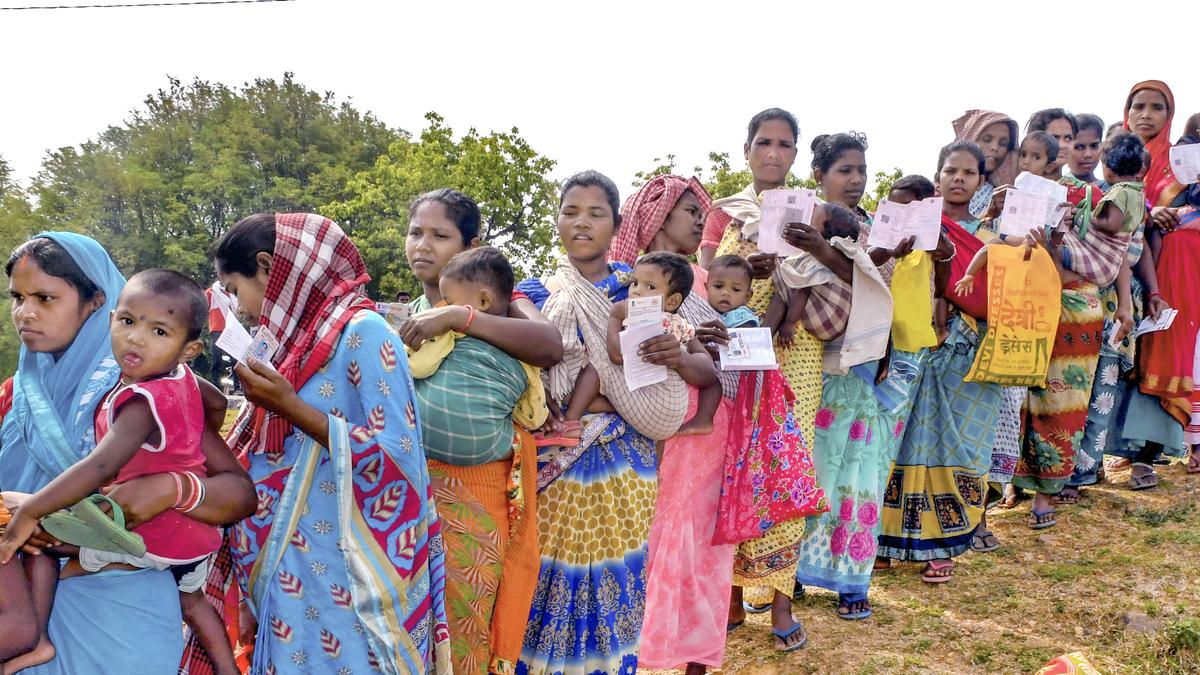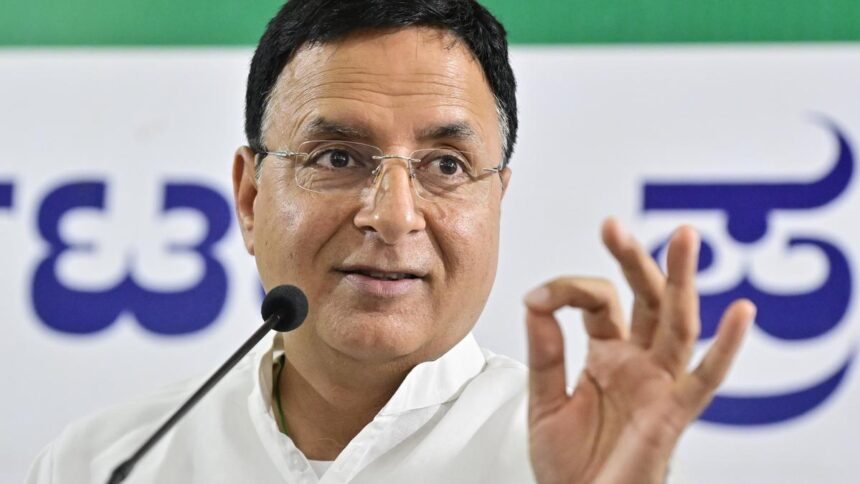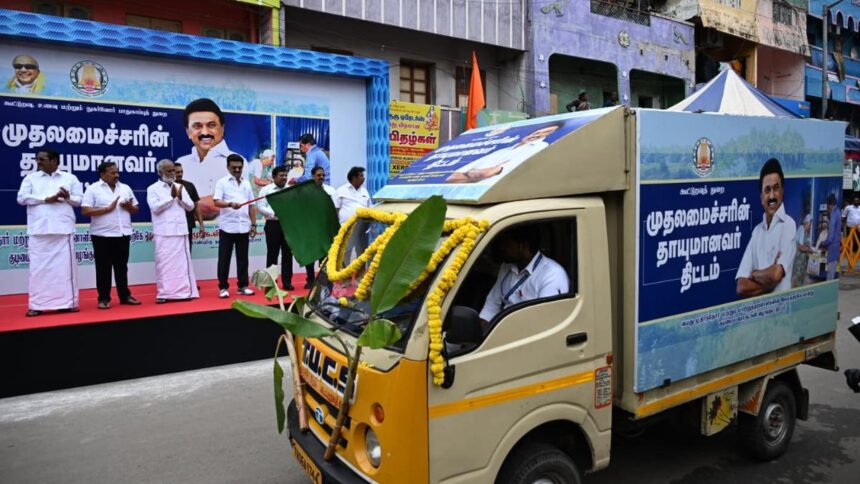
Tribal women voters stand in queues to cast their votes during the fourth phase of the Lok Sabha Polls, at Ulihatu in Khuti in 2024.
| Photo Credit: ANI
The story so far: The Election Commission of India (ECI) has initiated steps to de-list 345 Registered Unrecognised Political Parties (RUPPs) that have not contested elections in the last six years and whose offices could not be physically located.
What are registered parties?
The right to form an association is a fundamental right guaranteed under Article 19(1)(c) of the Constitution to all citizens. Political parties are an association or body of individuals that can be formed by citizens.
Section 29A of the Representation of the People Act, 1951 (RP Act) lays down the requirements for registration of a political party with the ECI. Any political party that seeks registration should submit a copy of its memorandum/constitution within 30 days of its formation. Such a document should contain a provision that the party shall bear true faith and allegiance to the Constitution of India. It should also bear allegiance to the principles of socialism, secularism and democracy, and uphold the sovereignty, unity and integrity of India. The ECI reviews the memorandum/constitution of the political party to verify that it contains provisions for internal democracy like periodic elections for its office bearers. The ECI thereafter registers them as a RUPP.
The RUPPs enjoy the following benefits — (a) tax exemption for donations received under Section 13A of the Income Tax Act, 1961, (b) a common symbol for contesting general elections to the Lok Sabha/State Assemblies, and (c) 20 ‘star campaigners’ during election campaigns.
RUPPs are required to maintain the details of individual donors who have donated above ₹20,000 in a financial year and submit these details to the ECI every year. As per Section 29C of the RP Act, failure to furnish these details will result in losing income tax exemption. The RUPPs under the Income Tax Act, 1961, are further required to accept donations in excess of ₹2000 only through cheque or bank transfers.
What are the issues?
As per ECI notification, there are more than 2,800 RUPPs in India as of May 2025. However, only around 750 of them contested the 2024 general elections. It has resulted in the moniker — ‘letter pad parties’ — for the rest of the RUPPs. The RP Act does not confer explicit powers on the ECI to de-register any political party if it fails to contest elections, conduct inner-party elections or lodge requisite returns. The Supreme Court in Indian National Congress versus Institute of Social Welfare & Ors (2002) had held that the ECI does not have the power to de-register any political party under the RP Act. It may de-register only under exceptional circumstances such as the registration being obtained by fraud or the political party ceasing to have allegiance to the Indian Constitution or if it is declared unlawful by the Government.
The ECI from time to time publishes the list of de-listed and inactive RUPPs. The notification of March 2024 (as amended till May 2025), contains the list of 281 de-listed and 217 inactive RUPPs. Parties have been de-listed after they were found to be ‘non-existent’ at their address even after notices from the ECI. Political parties that have not updated the material changes including the list of office bearers since 2014 have been classified as ‘inactive’. These parties are denied the benefit of putting up candidates with a common symbol in an election. Considering the provisions of the RP Act and the Income Tax Act, they would also become ineligible for tax exemptions.
What needs to be done?
The present exercise has identified 345 RUPPs that have not contested any elections since 2019 and could not be physically located anywhere. The ECI has directed the Chief Electoral Officer of various States and Union Territories to issue show-cause notices to these RUPPs before deciding on de-listing them. This is a welcome step that would prevent such ‘letter pad parties’ from misusing the income tax exemptions or committing any other financial fraud.
There are still likely to be more than 1000 ‘active’ RUPPs that do not regularly contest elections. The Law Commission in its 255th report (2015) had recommended amendments for de-registration of a political party if it fails to contest elections for 10 consecutive years. The ECI in its memorandum for electoral reforms (2016) had also suggested amendment to the RP Act that would empower it to de-register a party. Apart from the exercise of de-listing RUPPs, these recommendations can also be implemented. Another serious issue plaguing almost all political parties is the lack of inner-party democracy. It may not be ideal for an independent constitutional authority like the ECI to be involved in the muddle of party politics. However, as suggested by the Law Commission in its 170th and 255th report, the RP Act can be suitably amended to contain specific provisions for ensuring internal democracy in political parties.
Rangarajan. R is a former IAS officer and author of ‘Courseware on Polity Simplified’. He currently trains at Officers IAS Academy. Views expressed are personal.
Published – June 30, 2025 08:30 am IST





















